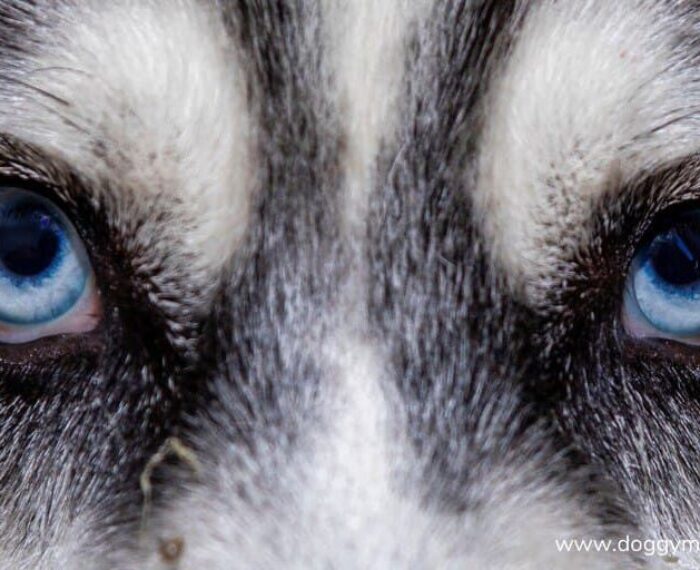How you treat, train and what you teach in your doggy early on greatly affects how they would turn out later on in life.
A lot of people would say “Raising a doggy is very similar to raising a child.” People have a lot of different ideas about how to raise a doggy, but many of those ideas may be outdated or inappropriate. To prevent the negative consequences of doggy parenting mistakes, it’s important to understand the basics of how to care for, train and emotionally support a doggy. Otherwise, you may run into both health and behavior issues.
While there is no exact “right” way to raise a dog, there are some wrong practices that owners make that may contribute or cause a pet’s negative attitude, health problems or even put them in danger. As much as we love our dogs, nobody’s perfect, and we sometimes make errors when it comes to their care.
Here are some of the most common mistakes doggy parents make and how to avoid them:
NOT SOCIALIZING DOGGIES
One common mistake is failing to socialize doggies while they are puppies. This can often lead to a lack of trust, which makes a doggy difficult.
Solution: A few hours of playtime a day will help your doggy develop a stronger bond with you, as well as a sense of safety around people.
FEEDING THE DOGGY WITH IMPROPER AMOUNTS
If a doggy eats too much or too little, his weight will be inappropriate and cause a decline in overall health.
Solution: Work with your veterinarian to determine how much your own doggy should eat.
NOT SETTING BOUNDARIES
Just like kids who need to be told not to jump on the bed, or to keep their elbows off the table, pets need to have some boundaries set for them, otherwise they might begin to exhibit dominant behavior. Actions such as jumping up, scratching furniture, or peeing inside should not be tolerated, regardless of your dog’s size
LEAVING HIM OUTDOORS FOR TOO LONG
Doggys are easily affected by cold and heat, and can suffer tremendous damage to their health if left in inappropriate conditions, such as outdoors in extreme heat or bitter cold. They must have protection from the elements, especially in accordance with their breed type.
LETTING YOUR DOG PULL YOU AROUND DURING WALKS
Letting your doggy pull you around during walks, is like you are allowing them to assert dominance, which is never good. A well behaved doggy is submissive.
LACK OF EXERCISE
Eating without burning the calories off results in weight gain. According to statistics, obesity in doggys is now up to 52.5 percent due to lack of exercise.
Solution: Consult your vet how much exercise your doggy needs and be sure to reach it through daily walks and keeping him active.
YELLING INSTEAD OF TEACHING
Training a doggy can be challenging. Most of us can probably admit we’ve shouted at our doggys at least once during the process, perhaps without even realizing we’re doing it. Doggys react more strongly to the volume and tone of a voice than they do to the actual words. This means using a firm, steady set of vocal commands when training. Yelling only causes stress and fear.
LEAVING DOGS ALONE TOO LONG
Dogs are pack animals, which makes them inherently social, so to deny them the company of others for the better part of their waking hours is cruel. Sure, they can handle a couple hours alone in a crate, but after a certain point they are bound to go a little stir crazy.
Doggys has lived with us for tens of thousands of years. With the right doggy parenting approach, we doggy parents tend to make it in raising our canine companions, the relationship between man and canine that has formed over the millennia will continue getting stronger and stronger as time marches on.
Dog parenting is a tricky business — and everyone makes mistakes!


